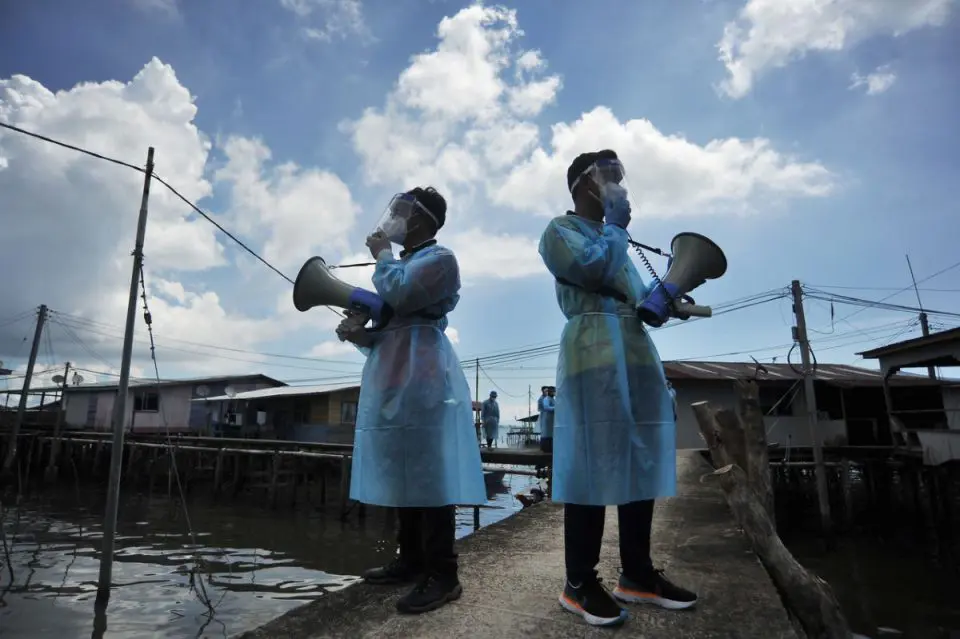PUTRAJAYA, Dec 24 — The Health Ministry (MOH) is monitoring the new Covid-19 mutation that was detected in Sabah from various angles, including its infectivity and impact on the people.
Health director-general Tan Sri Dr Noor Hisham Abdullah said the new A701B mutation was detected after the ministry conducted tests on 60 samples from the Benteng LD cluster in Sabah.
“We have identified the A701B mutation but are not sure of the clinical impact such as the infectivity rate of the mutation and the aggressiveness of the virus (of the mutated strain).
“The Covid-19 virus is always mutating, we need to know what the virus’ impact on health will be,” he said during the daily media conference on Covid-19 development here yesterday.
According to him, new mutations were also detected in several countries, including South Africa, Australia, Netherlands and Singapore.
On Monday, Dr Noor Hisham said a new variant, with the scientific name of VUI 202012/01, had spread fast throughout the United Kingdom (UK) with a high infection rate.
Elaborating, Dr Noor Hisham said the ministry had previously identified the existence of the D614G mutation in Kedah involving the Sivagangga cluster as well as in Johor and Sabah.
“The D614G mutation could infect other individuals 10 times easier,” he said, adding that the ministry would monitor existing mutations to identify its effect on the vaccine’s effectiveness.
Asked if the ministry would increase the quarantine period for visitors from 10 days to 14 days following the discovery of the new Covid-19 variant from UK, Dr Noor Hisham said the data they have indicated there was not much difference between the two periods.
“We find that there is not much difference from a 10-day quarantine with a 14-day period and we are sure that a quarantine period of at least 10 days because most patients infected with the virus will show symptoms and can be detected by the first week.
“But if we consider a week-long quarantine, the risk would be too great, so we are using a 10-day quarantine and our research shows the outcome from a 10-day quarantine and a 14-day quarantine is more or less the same,” he said.
Regarding the variant under investigation from UK, he said a ban is still in effect, affecting arrivals from 23 countries (including the UK).
For Malaysians returning from the UK, screening tests, monitoring and a 10-day quarantine will still apply to them.
— Bernama





